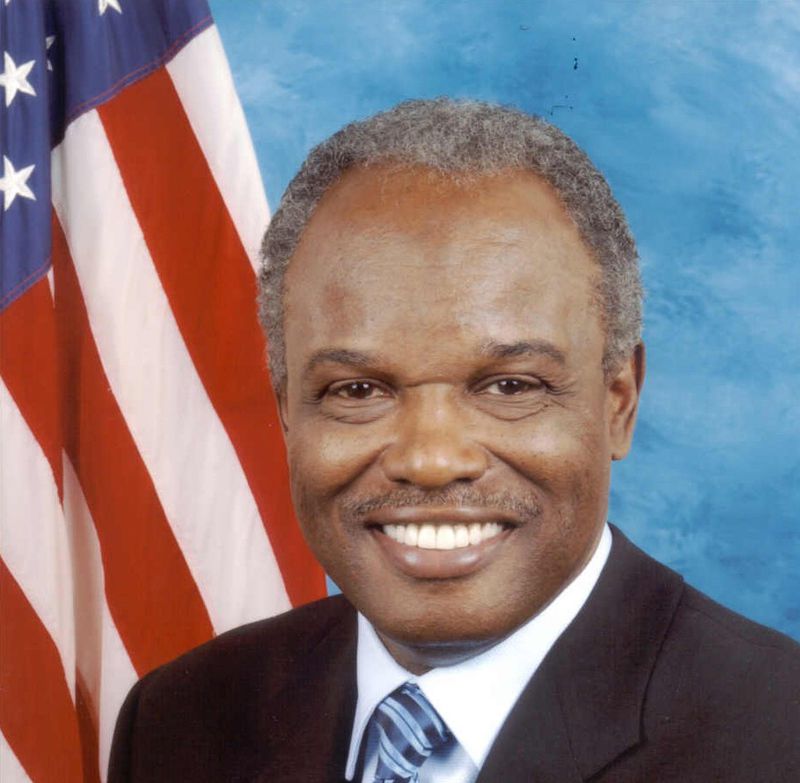Veteran hunger is a problem hiding in plain sight not just in Georgia but nationwide. The root causes of veteran hunger vary. The unique instances of each case aside, I refuse to accept that our nation is one where brave men and women can put on a uniform and put their lives on the line to fight in deadly wars only to return home and be left to fight another war alone: a personal war against poverty and hunger.
We as a nation are better than that, and our veterans deserve more. Veteran hunger must be met not with apathy but with action.
That is why I am leading my colleagues in the U.S. House of Representatives to preserve and strengthen a fundamental food assistance program that feeds our veterans: the Supplemental Nutrition Assistance Program (SNAP). This critical program is currently relied on by over 1.2 million veterans nationwide, but the truth is many more veterans are eligible for SNAP than currently use it.
Credit: contributed
Credit: contributed
Oftentimes when one thinks of vulnerable populations, images of infants or the elderly enter the mind. This makes sense because human life is frail, and we are often in need of more help at both the beginning and the end of our lives. But our veterans, frequently portrayed as fierce and tough in Hollywood movies, are regularly overlooked. And many of them suffer from hunger.
Georgia is home to a significant number of veterans. They make up nearly 8% of our total state population, with around half of them calling the Greater Atlanta area home. According to Feeding Georgia, nearly 18% of food bank clients in our state had a veteran in their household before the pandemic, and the demand for help from food banks has only increased since.
Some have a physical service-connected disability. Others may suffer from mental health challenges that make holding a job difficult. One survey reported that 44% of veterans who served after September 11, 2001, faced challenges transitioning back to civilian life, exacerbating economic and food insecurity, which could be ameliorated with food assistance.
This is precisely why federal food assistance programs are critical, and why it is outrageous that Speaker Kevin McCarthy and House Republicans are attempting to undermine food assistance programs as they negotiate an increase of the debt limit with the White House.
We must increase our support of America’s heroes, not decrease it. A 2020 National Health Interview Survey found that nearly 60% of eligible veterans do not use the program. That is why Congresswoman Jahana Hayes, D-Conn., and I introduced the Feed Hungry Veterans Act to decrease barriers veterans face in accessing SNAP.
Yet even as my Democratic colleagues and I forge ahead in our negotiations to ensure that more veterans know about and can receive the help they need from SNAP, some fringe members of Congress are pushing proposals that would kick veterans off the program.
In recent weeks, members of the so-called Freedom Caucus have touted proposals to take food assistance away from SNAP beneficiaries, putting food-insecure veterans at further risk of slipping through the cracks. Using the language of “personal responsibility,” extreme Republicans are maneuvering to add unnecessary, strict and duplicative bureaucratic red tape to SNAP that could prevent veterans from receiving the food assistance they need to get well, stay well and find work.
Accepting any level of veteran hunger in this country is an insult to the men and women in uniform who defend our shores and values. Kicking them while they’re down by making it more difficult to access food is unconscionable.
I hope that the Republicans in Congress who are putting so much effort into hurting America’s veterans will remember their patriotic duty, stop with the partisan games and learn to serve the needs of those who served all of us: our great nation’s military veterans.
U.S. Rep. David Scott, D-Atlanta, is the top-ranking Democrat on the House Agriculture Committee.






